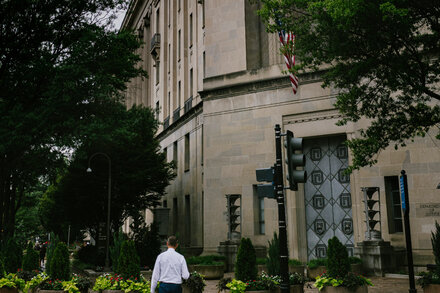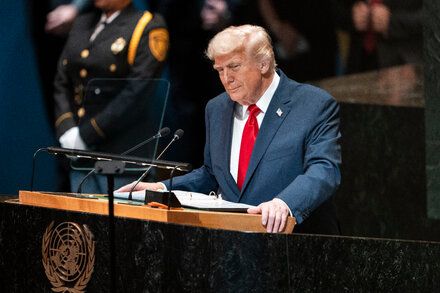
The ongoing government shutdown is causing significant operational challenges and delays within the federal court system, forcing courts across the nation to scale back services and prioritize only the most essential functions. As reserve funds dwindle and non-essential personnel are furloughed, the judiciary faces increasing pressure to maintain justice administration amidst the fiscal impasse.
Operational Scale-Backs and Case Delays
Federal courts, which operate under the judiciary’s appropriations, are not entirely immune to government shutdowns. While critical operations such as criminal cases involving incarcerated defendants and emergency matters continue, funded by court fee balances and other non-appropriated funds, the capacity to handle the full scope of cases is severely diminished. Civil litigation, complex administrative matters, and even some non-urgent criminal proceedings are experiencing significant slowdowns or outright postponements across district and appellate courts.
“The impact is immediate and far-reaching,” stated Judge Sarah Chen, a district court judge. “While we strive to keep criminal cases involving incarcerated defendants moving to uphold constitutional rights, many civil litigants are seeing their cases grind to a halt. This isn’t just an inconvenience; it can have profound financial and personal consequences for those seeking justice.”
Personnel and Financial Strain
The judiciary typically possesses a limited amount of carryover funds that allow it to continue operations for a few weeks into a shutdown. However, once these funds are depleted, courts are forced to implement stricter measures. This often includes furloughing a substantial portion of staff, retaining only those deemed “essential” for constitutional or emergency functions.
Thousands of court employees, including clerks, administrative staff, IT personnel, and some probation officers, may be placed on furlough. This drastically reduces the courts’ ability to process paperwork, schedule hearings, conduct research, and provide necessary support services. The U.S. Attorneys’ offices and federal public defenders’ offices, while part of the Executive Branch, are also heavily impacted, further straining the judicial process.
Michael Ramirez, a federal public defender, noted, “Our ability to prepare cases is compromised. Probation and pretrial services are operating with skeleton crews, which can affect everything from bail decisions to supervision of released defendants, potentially impacting public safety and due process.”
Long-Term Consequences
The slowdown is expected to create a substantial backlog of cases that will take months, if not longer, to clear once the government reopens. This not only burdens the courts but also delays resolutions for businesses, individuals, and families relying on the federal justice system. Concerns are also being raised about the long-term morale and retention of court staff who face repeated uncertainties due to such fiscal disruptions.
As the shutdown persists, the federal judiciary continues to navigate a challenging landscape, attempting to balance essential functions with increasingly limited resources. The ongoing disruption underscores how deeply intertwined all branches of government are and the significant ripple effects of political impasses on the daily operations of justice.
Source: Read the original article here.





